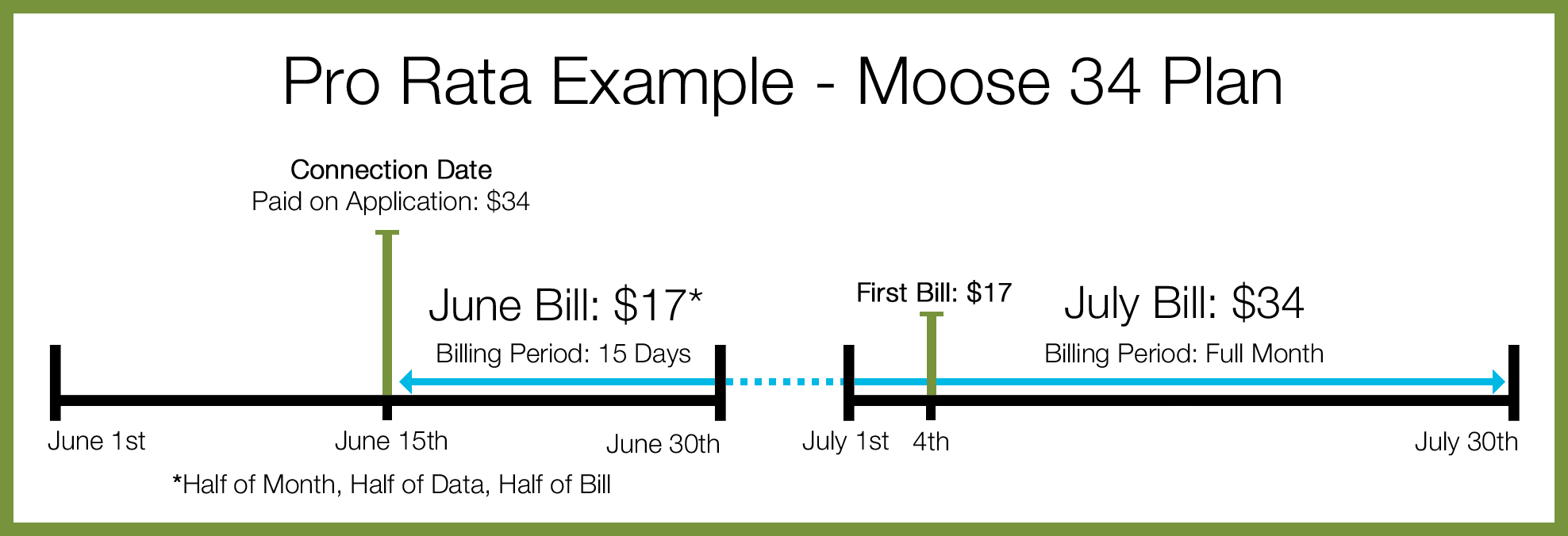

Small investors, for example, may not have the kind of negotiating leverage required to extract pro rata rights from an investment agreement. Pro rata rights are not a foregone conclusion, and there are cases in which they are not granted to early-stage investors. It can ensure they maintain a certain percentage of ownership required for a seat on the board (though this isn’t always applicable).
#Common stock pro rata series
It can ensure that they have the chance to invest in subsequent funding rounds, such as a Series A or a Series B (or a Series C…or a Series D).Angel and seed investors will often include a pro rata clause in their agreement for a number of reasons, including: Investors typically negotiate for pro rata rights as part of an investment agreement. And it could even mean they lose influence or voting power. This is not always a desirable outcome for early investors! It means they have less exposure to the upside of future growth than they would if they maintained a proportional percentage of ownership. In other words, they will continue to own the same number of shares as before, but that number will be a smaller percentage of the overall equity. Every time new investors come on board in a future financing round, additional shares of equity are issued and those investors/shares are added to the cap table.īut what happens to the existing stakeholders in the company? Well, if they don’t have the option to purchase a percentage of those new shares themselves, their ownership stake will be diluted. And fortunately, it’s not as complicated as it may seem.Īn early-stage startup will likely have a cap table that records the stakeholders (including employees, investors, and founders) along with how many shares they own. What is equity dilution and why does it matter?Įquity dilution is the concept at the heart of pro rata rights. They only need to invest in later rounds if they have an interest in maintaining their proportional share of equity, versus seeing it diluted. But it’s also important to remember that investors with pro rata rights are not obligated to use them. Pro rata rights are a big deal in the world of venture capital, as they can mean the difference between a pretty nice and gargantuan return on investment. Otherwise, the investor’s initial investment would continue to shrink as a percentage of the overall equity ownership in the company. This gives an early investor the option to continually invest in a company as the company’s valuation grows. Pro rata rights typically apply in the subsequent round of funding after they’re granted (they may also apply in later rounds, though not always). A pro rata right entitles that investor to a 5% stake of the new shares issued in that funding round. For example: say an investor owns a 5% equity stake in your company before a new round of funding.

Pro rata rights are rights that entitle existing investors to keep their initial ownership percentage in subsequent rounds of financing. Thinking about pro rata rights as a startup founder.Are startups required to offer pro rata rights to investors?.



 0 kommentar(er)
0 kommentar(er)
